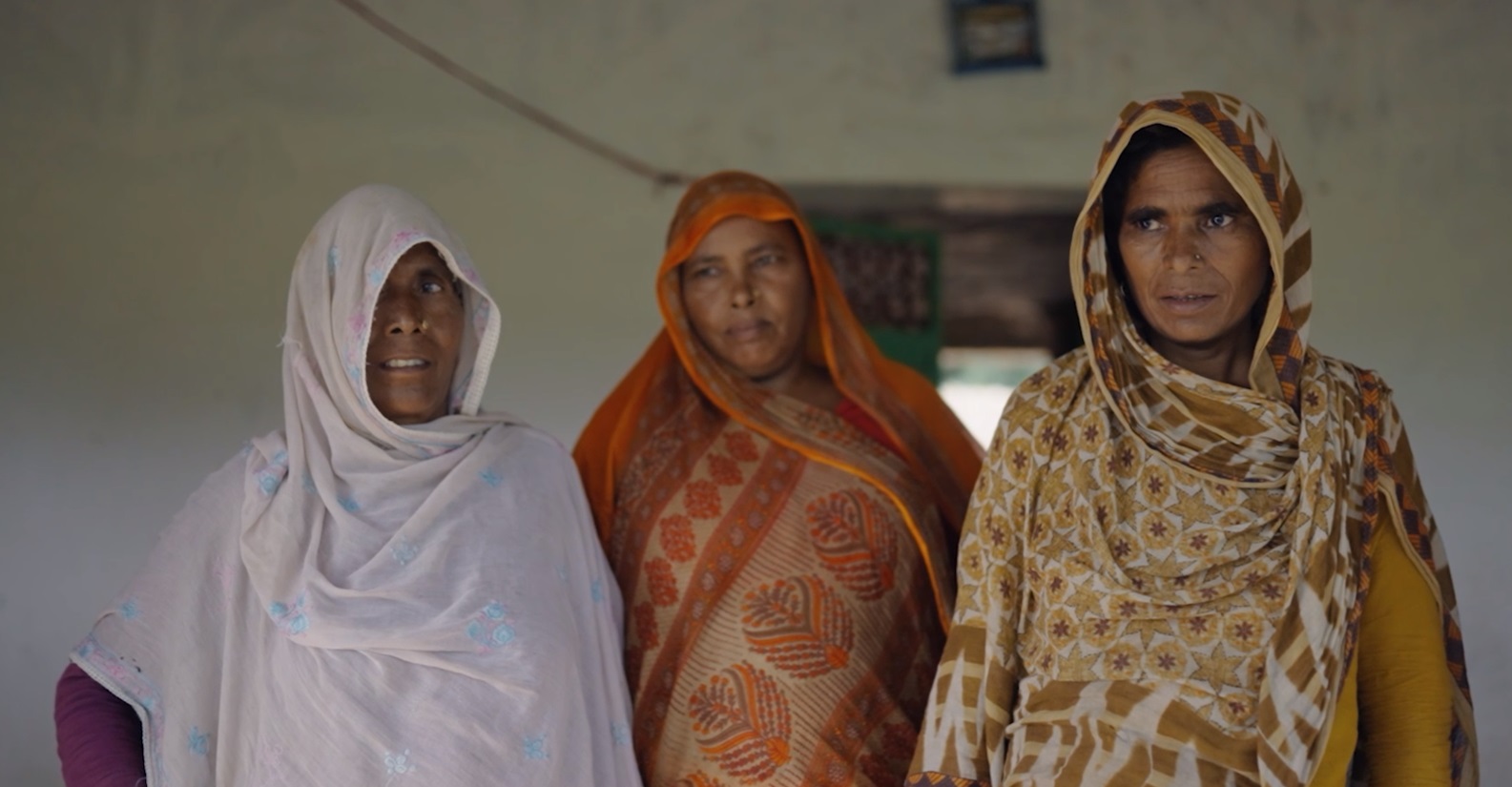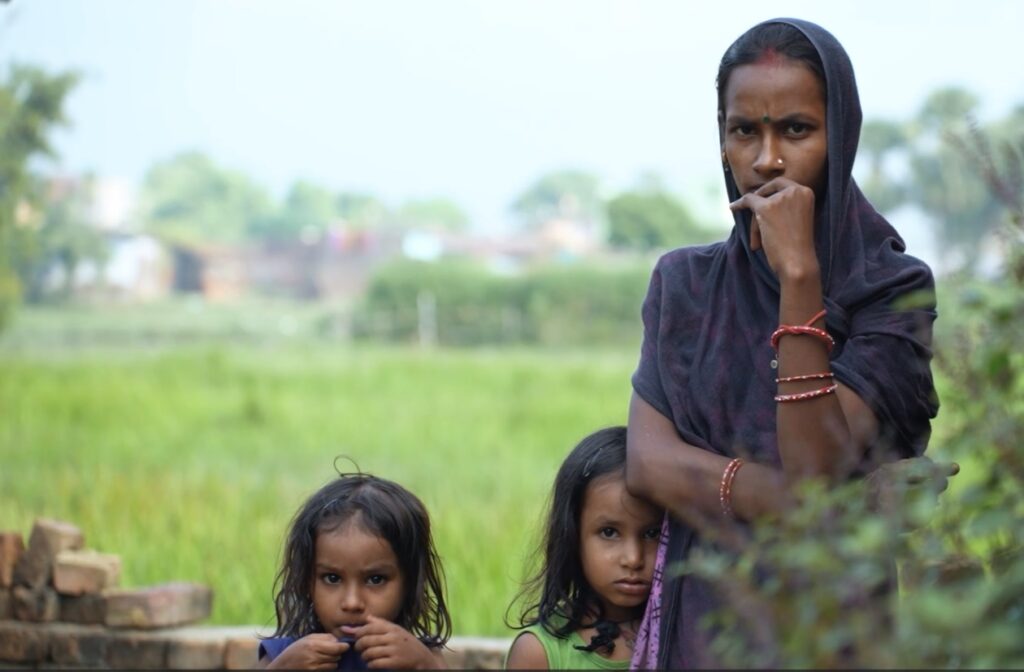Financial assistance schemes are a huge motivation for rural voters in Jharkhand. While the development of infrastructure, health, and education is still much needed, the rural poor, particularly women, see cash transfer schemes or financial assistance schemes as a way to reduce their daily struggles.
In the Meharma block of Godda district in Jharkhand, women demand a government that will give them maximum cash benefits, as it is a huge source of support. Nandini Devi from the Parsa Panchayat district is happy to use the extra cash under the Mukhyamantri Maiya Samman Yojana to buy food and groceries. “It has helped us in our daily struggle. ₹ 1000 is a big amount. More money means more access to resources. I know women who have enjoyed going to the local fair without having to borrow anything from their husbands. For us, extra cash is always helpful.”
Balika Singh, a woman from a farming family of Aguidangra village in Patamda block of East Singhbhum, in a conversation with The Voices, shared that for many years, the rural poor, especially women, have been struggling with basic amenities, starting from roads, clean drinking water, and good employment opportunities. But the cash transfer schemes are direct benefits. “Vote to taakei dite hobek je Sarkar taka dibek” (We need to vote for those in power who promise us good financial assistance), said Balika in Raad (a local dialect) Bangla.
Recently, the JMM-led INDI Alliance government, which was in power, launched the Mukhyamantri Maiya Samman Yojana, which has been quite popular among women. The jointly released election manifesto by JMM, Congress, and other supporting parties promises to increase the cash amount to Rs 2500. The cabinet had already approved it just before the state assembly elections were announced on Oct 15.
Similarly, the Bharatiya Janata Party, which is trying its best to gain political ground in Jharkhand this election, has promised financial assistance of ₹ 2100 through the proposed Gogo Didi Yojana.
This is not only true in Jharkhand; in the past, political parties have done the same in other states. Starting from Karnataka, the ruling Congress party gives ₹2,000 per month to non-income-tax-paying women, a promise it made ahead of last year’s polls, in which it had displaced the BJP. On the other hand, in BJP-ruled Madhya Pradesh, the government gives ₹1,250 under the Lakshmi Ladli Behna Scheme to improve girls’ health and educational status in the state. Another example is the neighbouring state of Odisha, where the BJP government has decided to pay ₹10,000 yearly to women, fulfilling a poll promise. In Maharashtra, the Maha Vikas Aghadi (MVA) has announced a direct transfer of ₹3,000 to every woman in the state if it comes to power as a counter to the ₹2,500 being given by the present government.

In Jharkhand, financial assistance schemes matter most because of poverty. According to the NFHS (National Family Health Survey) 2019-2021, nearly half of the population in three districts of Jharkhand—Sahebganj, West Singhbum, and Pakur—is multidimensionally poor. The reports also state that one in every three people is multidimensionally poor in 12 out of 24 districts.
But now, men in the remote villages of Jharkhand have begun to expect some kind of financial assistance, too. Mohammad Minsar, a daily wage labourer from Dalhai village in Godda, said that men also face the challenges born out of poverty, and hence, like women, they should be granted financial assistance as well. “Maiya Samman has reduced the load. I guess now the government should think about us, too,” said Minsar.
Social workers who work in remote areas of Jharkhand agree that poverty is a problem. With minimal access to civic amenities, the rural population has begun to see extra money as the best way out. “Actually, they have felt left out for many years. There are hardly any employment opportunities. Hence, they celebrate the money received through ambitious schemes and see it as a way to fight poverty,” said social worker Tarun Kumar.
Economist Prabal Sen, a former professor at XLRI and currently on the Board of Governors at MDI Gurgaon, said that while such schemes can be seen as a dole economy that makes people lazy, they also promote consumption. “Some may think that these kinds of schemes will make people lazy, but having said that in an economy like India, where poverty is widespread and employment opportunities are bleak, such schemes are an additional help that increases their consumption eligibility,” shared Sen with The Voices.
The first polling phase in Jharkhand occurred consecutively on November 13 and the second on November 20. The counting is scheduled to be held on November 23.
(Feature Image: Nandini Devi from Parsa panchayat in Godda.)
Copy Editor: Arunima Maharshi

